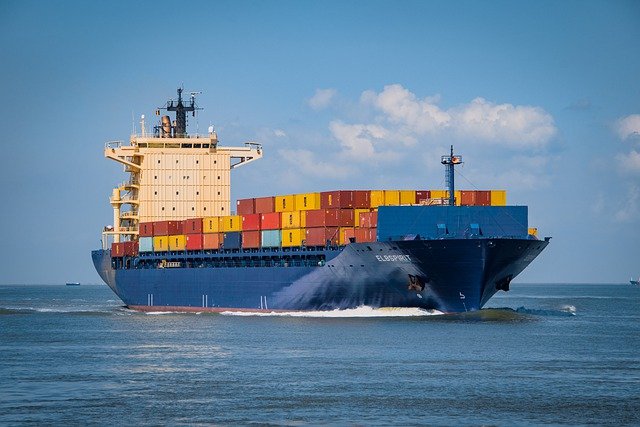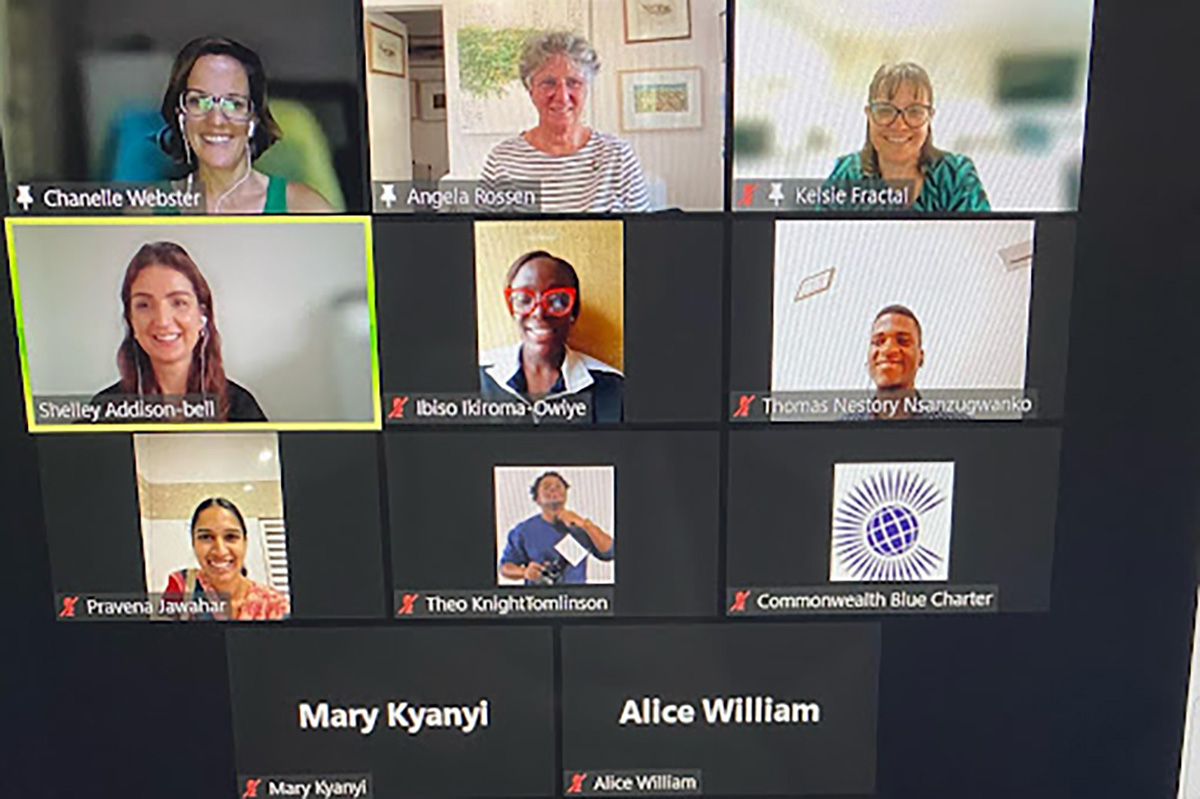The silencing effect of the pandemic
November 8th, 2021
Regional and international trading systems have been among the casualties of the coronavirus. As Bokani Lisa Motsu, a 22-year-old Correspondent from Botswana argues, in the face of a huge reduction in global trade, the heated debate about regional trading blocs versus globalization has been placed on the backburner.
The coronavirus pandemic has silenced one of the most contentious public debates on international trade: globalization versus regionalization.
Globalization is “the integration of national economies into the global economic system” resulting in increased trade between countries. It is often portrayed by the anti-globalization movement as an evil and exploitative economic system. Regionalization, however, tends to get much better press, not least because it is perceived as a remedy for the world’s globalization woes.
Regional integration can be generally defined as the coming together of countries sharing common borders. These countries collectively enter into treaties or agreements, removing tariff barriers from within their group and fostering economic cooperation among their members. The Southern African Development Community (SADC) and the African Union (AU) are examples.
As international trade slowed in the early days of the pandemic it seemed as if both regionalism and globalization were buckling under the weight of coronavirus as countries closed their borders and airlines were grounded.
Former Director-General of the World Trade Organization, Roberto Azevêdo noted that, “The unavoidable declines in trade and output will have painful consequences for households and businesses, on top of the human suffering caused by the disease itself.”
In a pandemic world, each country has been making the trading decisions that it believes will protect the health and economic well-being of its people. In some cases, these measures have included the removal of import tariffs on personal protective items, and the temporary prohibition of export of certain drugs.
The WTO has published a list of the trade measures that countries have taken because of the pandemic, noting that it “does not pass judgment on or question the right of WTO members to take such actions.” In the face of the coronavirus, the debate over globalization and regionalism seems to have taken a back seat.
Photo Credit: Image by dendoktoor from Pixabay
About Bokani Lisa Motsu: I am a Political Science and Public Administration student who loves writing. My passion for writing comes from growing up in an environment where people love to hear stories. Today, I help to tell stories as I’m an intern at The Voice Newspaper in Botswana. In the future, I hope to become a best-selling novelist.






